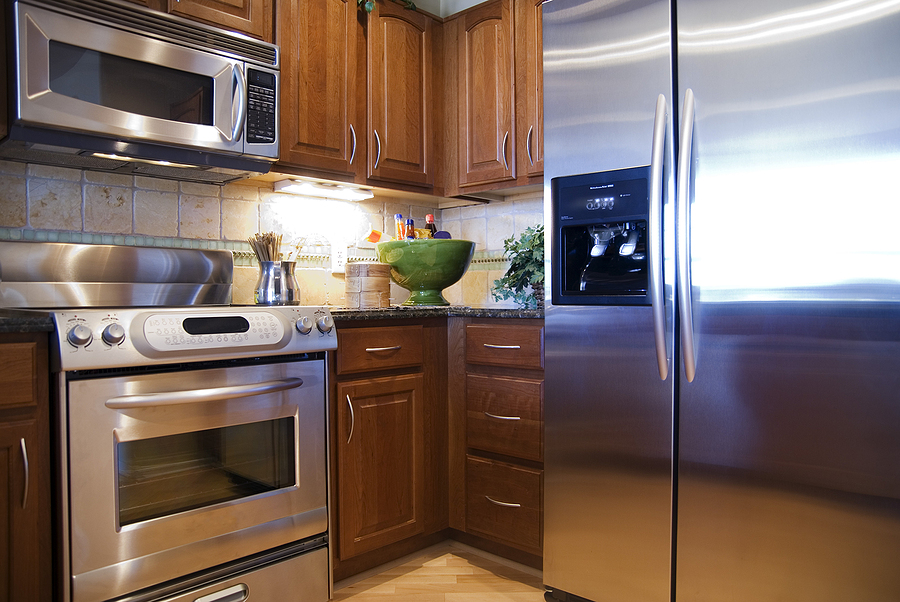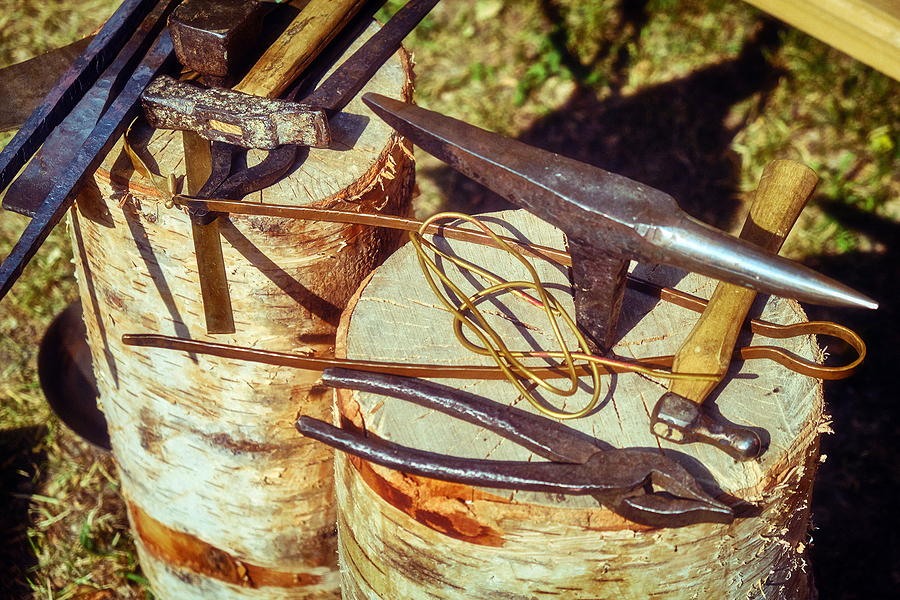Metal is one of the most valuable, naturally-occurring resources on our planet. One of the reasons why metal has such great value to our society is due to its strength and durability. But even the strongest metals can be subjected to damage or oxidation. That is why it is important to use the right type of metal for your intended application. When it comes to applications that call for strong, rust-resistant metals, these four are your top choices.

Metals That are Resistant to Oxidation (Rusting)
► Copper
We start with copper because many industry scholars and hobbyists argue that copper is not considered a noble metal because it is not technically corrosion-resistant. They often orate that because copper is such a reactive metal in the case of oxygen exposure, it is not a good fit for the definition of an anti-corrosive metal. Basically, copper will not rust because it does not contain any iron content, however, it can be subjected to certain deterioration when it reacts with oxygen. It does develop a green patina overtime, which will protect the copper from further corrosion.
► Stainless Steel
There is a very good reason why the majority of all modern-day kitchens are equipped with stainless steel appliances, such as refrigerators, microwaves, dish washing machines, stoves, and even plumbing fixtures like faucets. The very good reason is that stainless steel will not rust when exposed to moisture or water, like many other kinds of metals would. Even though stainless steel usually does contain some traces of iron, which should technically make the steel prone to oxidation, they are mostly resistant because they contain high ratios of chromium. Chromium is more reactive than iron, so it quickly oxidizes, thus creating a protective chromium oxide coating on the stainless steel. Furthermore, stainless steel often contains other rust-resistant alloys, like nickel and molybdenum, strengthening its resistance against oxidation.
► Aluminum
Aluminum metal is used in various industries and applications all across the globe, and it’s due to its two most valuable properties: light weight and resistance to corrosion. Commodities like airplanes, automobiles, bikes, building materials, and more are all manufactured with high aluminum content. The reason why aluminum is a terrific option for an anti-corrosion metal is because it contains very little, or even no iron content, making it stand up against conditions that cause rust. When exposed to moisture, a layer of aluminum oxide forms on the surface, protecting the metal from oxidation and corrosion.
► Galvanized Metal
Since steel metal is not naturally resistant to rusting, often times it must be galvanized for an added layer of protection. Galvanized carbon steel stands up well against conditions that commonly cause it to oxidize. Galvanization is the process of coating steel with zinc, which acts as a barrier against water and oxygen. This is known as cathodic protection. Like aluminum and chromium, the zinc reacts fast to oxygen, and creates a zinc oxide layer on the surface of steel.
How to Sell Your Rusty Steel and Iron Scrap Metal in Indiana
Call Zore’s Recycling division at 317-244-0700 to get paid cash on the spot with our Indianapolis metal recycling services and opportunities. We have been a family owned and operated company for over 75 years, and continue to make customer satisfaction our number one goal in our metal recycling division. And to make recycling easier for you, we offer several customer conveniences at no extra charge! Request a free estimate, today.


